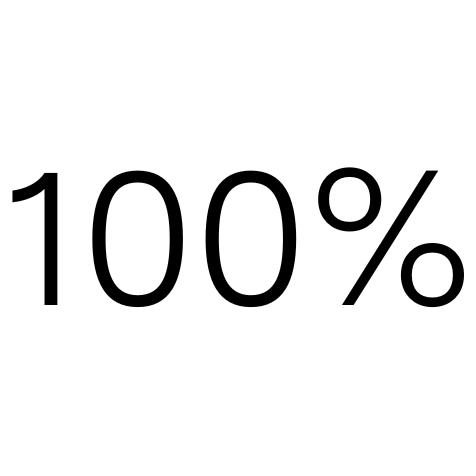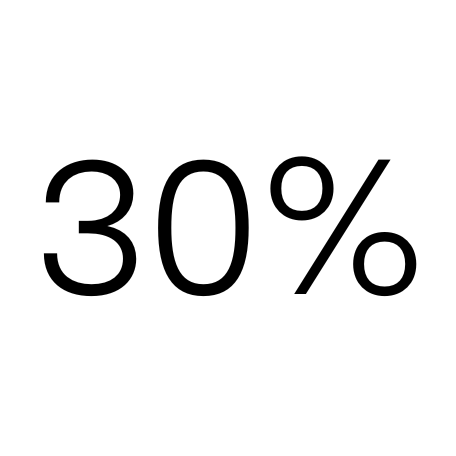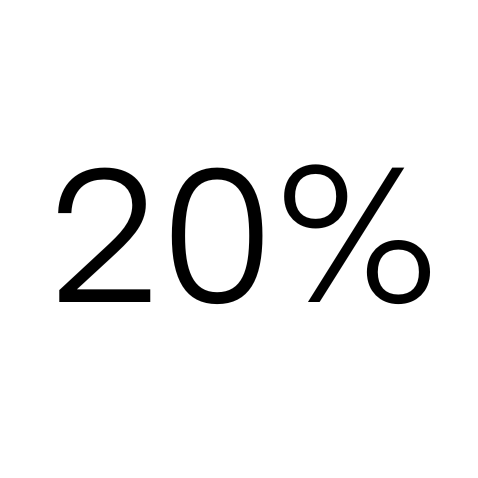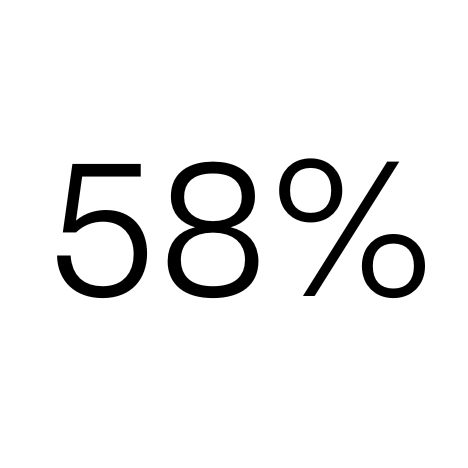The burden for
healthcare providers
has never been higher
healthcare providers
has never been higher
Whether it is clinician turnover—where rates often exceed 10%, generating substantial transition costs, replacement and onboarding work, and disruptions to patient care—or broader organizational stress, healthcare organizations are facing an unprecedented burden.
It's critical to cultivate an environment where healthcare teams can thrive. This is where Circle comes in.


Circle is an evidence-based group coaching program that applies Positive Psychology to increase well-being. Circle's trained facilitators create a unique space for community and belonging—necessary antidotes to the anxiety, stress, and loneliness that are pervasive in healthcare today.
Circle can support healthcare administrators in reducing burnout, increasing engagement, and identifying opportunities for collaboration and workflow improvements - thereby improving productivity and work-life satisfaction.

of Circle participants would recommend this program to a peer.

Participants report a 30% increase in their sense of mattering: of feeling valued and significant

Participants are 20% less worried about the future and feel less lonely.

Participants report feeling significantly more connected to each other after going through Circle.

Conducted in multi-week, small group sessions, each Circle is steered by a trained facilitator who guides them through a step-by-step process.
Sessions cover a range of topics—from connection and self-awareness to motivation, burnout, identity, and control.
Circle's structured journey shows participants that their struggles are normal and that success can look different for everyone.
The ultimate outcome? A complete integration of identities, values, and goals in each person's unique career arc.
Below are some of the modules that can be tailored to meet the needs of your organization.

Module 1
From authenticity and imposter syndrome to burnout and identity, this module provides participants with a greater sense of belonging amongst their peers and with their institution.

Module 2
Participants uncover their "why" and figure out how to prioritize their time to best align their personal fulfillment with the needs of their organization.

Module 3
Your team will learn to reframe their most challenging transitions into valuable lessons. Change becomes something to embrace rather than to fear.

Module 4
With the support of their peer group, members understand that they may cope best by connecting meaningfully with others

Module 5
Leadership cannot solely be taught; it must be experienced. We use the lever of psychological safety to explore what authentic leadership really feels like